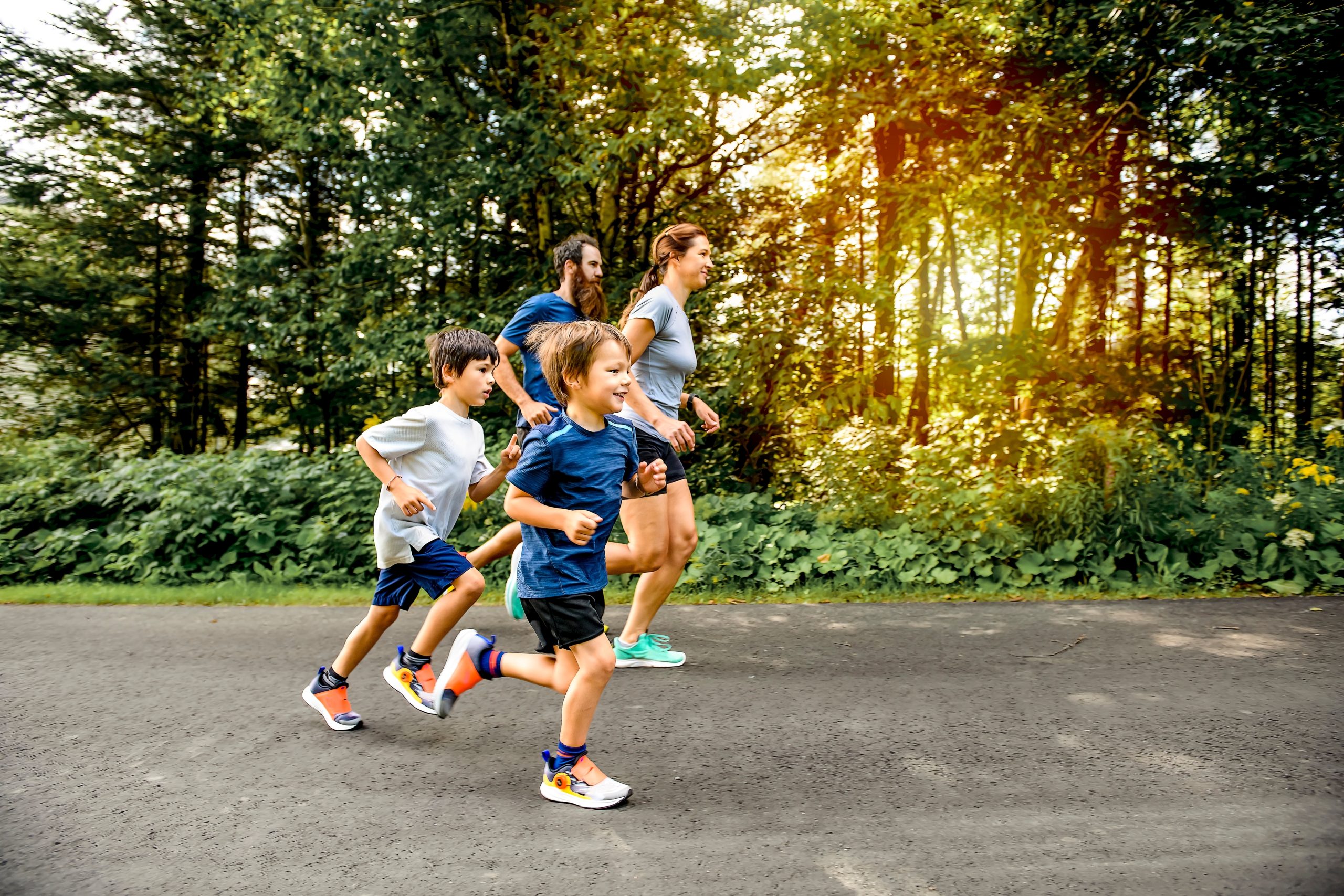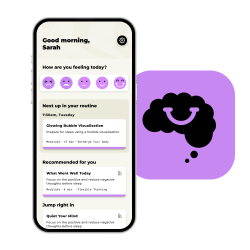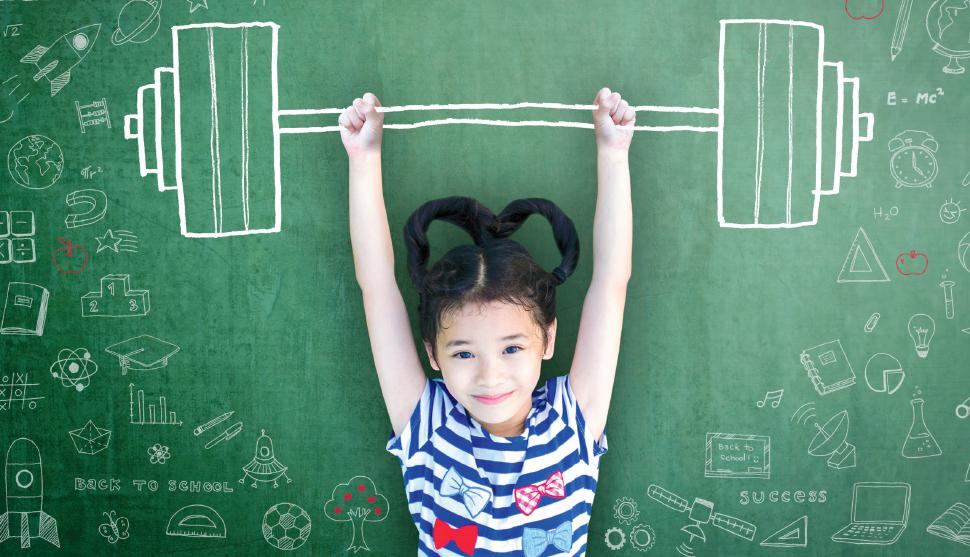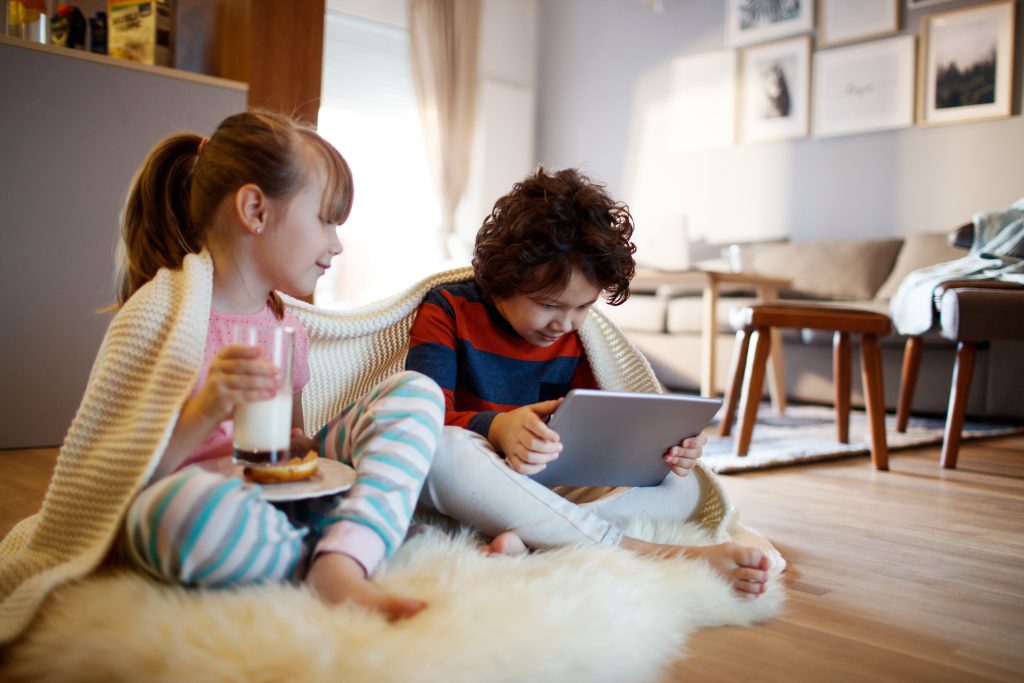Physical activity isn’t just a health trend. It is a fundamental pillar of overall wellbeing. While most of us recognise the health benefits of staying active, recent research has uncovered a wealth of additional advantages, especially for young people. From boosting mental health to enhancing academic performance, the positive impacts of physical activity are more far-reaching than ever. This article explores these diverse benefits and offers practical tips for teachers to include more movement into their students’ daily routines.
Beginning with the basics: physical activity is any movement that expends energy (World Health Organisation (WHO), 2024). The World Health Organization emphasises its role in preventing and managing serious health conditions such as heart disease, stroke, diabetes, and cancer. For children and teens, the benefits are even more salient. Regular physical activity strengthens bones, supports muscle growth, and enhances motor and cognitive skills (Weiss & Caprio, 2005). It also improves fitness, reduces body fat, balances hormones, and boosts insulin sensitivity, which translates to sharper thinking and better school performance. Better yet, students who are active experience improved sleep quality and have less difficulty falling asleep in comparison to their sedentary peers (O’Donoghue & Smith, 2022). By integrating regular physical activity into their lives, students come to school healthier, more energised, and ready to engage fully in their educational journey.
But the benefits of physical activity go beyond just physical health. Research has repeatedly shown that regular exercise has strong links to reduced depression and anxiety in children and adolescents, while also enhancing overall mood and mental health (Rebar et al., 2022). Exercise triggers the release of endorphins, which are natural mood elevators (Biddle & Asare, 2021). Therefore, if student are engaging in regular physical activity, they have guaranteed moments throughout the week where they have enhanced opportunities to regulate and improve their mood. Achieving goals and overcoming challenges through physical activities also helps students manage stress better (Smith& Williams, 2023), this may be due to students having frequent opportunities to face challenges, experience both success and failure and therefore developing resilience. With all of these mental health benefits, students are in a better position to take on academic challenges, collaborate with classmates, and therefore leave the classroom with an enhanced sense of accomplishment.

The academic benefits of physical activity are equally compelling. Studies have shown that engaging in regular exercise can boost cognitive functions and improve classroom behaviour(Barros & Silveira, 2022). Specifically, physical activity enhances attention, memory, and executive functioning (Tremblay & Lloyd, 2023), all of which are crucial for academic success. Participation in sports and other activities helps students develop problem-solving skills, maintain concentration, and apply strategic thinking—skills that are directly transferable to academic tasks. These studies illustrate that participation in regular physical activity equips students with the tools to navigate both academic and personal challenges effectively, improving their overall wellbeing.
Moreover, the social-emotional benefits of physical activity, especially through team sports, are profound. Being part of a team puts a child into a microcosm of society. They assume various roles such as leaders, evaluators, coordinators, and facilitators, all learning to navigate differing opinions, communicate effectively, and work together to tackle challenges, such as unfair decisions and failures. These experiences foster resilience and adaptability, showing them that setbacks are opportunities for growth rather than reasons to quit. They learn to take turns and compromise, be gracious in both victory and defeat, and understand that a loss means reevaluating, strategizing, and trying again with renewed determination (Johnson & Johnson, 2023; Smith & Smith, 2022). Team sports also teach the importance of commitment and following a schedule, essential skills for academic and personal success and overall student wellbeing.
The array of benefits from physical activity ranging from improved health and mental wellbeing to enhanced academic performance and social and emotional skills highlights its essential role in student wellbeing. To maximise these benefits, teachers can incorporate more movement into the classroom in simple, practical ways. Start by integrating short activity breaks throughout the day, encourage standing or walking discussions, and use active learning strategies that involve physical engagement. Even small changes, like starting lessons with a brief stretch or incorporating movement-based games, can make a significant difference. Additionally, creating a classroom culture that celebrates exercise outside of the classroom, could also help to improve student engagement in physical activity, outside of school. By fostering a more active classroom environment, and encouraging students to engage in physical activity regularly, teachers can help students thrive both academically and personally, creating a healthier and more dynamic learning experience.
Health and Wellness Services that may be of interest:
Get a special discount by quoting code AISLMALL during CHECKOUT.
Daybook Journal

Daybook is a digital journal and diary app that enables users to write, reflect, and preserve their thoughts and experiences. It offers cloud sync, voice-to-text, mood/activity tracking, personalization, and AI-powered insights to enhance the journaling experience.
Health & Wellbeing – Deck of cards

Dr. Christopher Willard’s mindfulness decks offer exercises for emotional well-being, including *Mindful Parenting*, *Self-Love*, and tools for teens to manage depression, anxiety, and build resilience. Each deck provides practical mindfulness strategies for emotional growth and mental health at every life stage.
KFBG Transformative and Mindfulness Forest Immersion Walk

Kadoorie Farm and Botanic Garden (KFBG) delivers inspiring, awareness-shifting and transformative programmes with potential life-changing experiences. We offer an opportunity and a peaceful space in the natural environment of KFBG for participants to experience, to rethink, to identify and to be able to deeply connect and appreciate Gaia, our mother Earth, and the interconnection and interrelationship that we share with her. By being close to, and having a respect for nature, through our transformative workshops, people can experience a sense of deep happiness and spiritual contentment in which could facilitate a more holistic way of living.
KIBO – Sustainable Sneakers

KIBO creates eco-friendly sneakers using sustainable materials like Apple Leather and post-consumer plastics. Their #GuiltFreeKicks are designed for both environmental kindness and comfort, featuring orthopedic insoles with unique arch support for exceptional comfort with every step.
Plant-based Whole Food Snacks

Cocoparadise is a company devoted to making natural, clean, superfood snacks that are good for you and the planet. We’re on a mission to inspire, encourage and make healthy living fun and easy. We think you shouldn’t compromise on taste when it comes to eating healthier. And we prove it with our delicious line of plant-based snacks. Whether you’re on a health kick or simply seeking tasty vegan, vegetarian, keto, gluten-free and paleo snacks… Cocoparadise is your destination.
Smiling Mind Mental Wellbeing App

Smiling Mind is Australia’s leading digital mental health non-profit, offering evidence-based tools and programs to build lifelong mental fitness. For over 12 years, we’ve empowered minds to thrive—especially children—by proactively developing mental wellbeing and aiming to create generational change in how mental health is understood and nurtured.
Wellbeing Books Series

Dr. Willard’s books blend mindfulness with practical approaches for families. Alphabreaths teaches kids mindfulness through ABC-themed breathing exercises, while Growing Up Mindful offers parents and educators tools to help children build resilience, self-awareness, and empathy through mindfulness.









